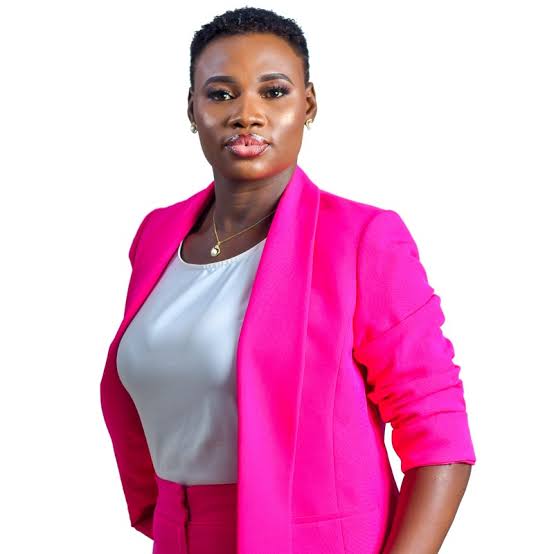LAW- Human Rights Activists and Founder of Headfort Foundation, Mrs Oluyemi Orija, has said that poverty and lack of legal representation have led to the imprisonment of people who didn’t commit any offence.
Ms Orija made the statement while delivering a presentation on ‘Access and Justice’ at the annual charity lecture organized by the Less Privileged Children Encouragement Initiative.
Orija, whose organization has helped to secure the release of over 400 wrongly incarcerated inmates, said the governments at National and state levels are making provisions for people to access justice, even if they cannot afford to pay for such services.
Orija said, “The Federal Government of Nigeria has made provisions for lawyers through the legal aid council. Their role is to help those who do not have money to acquire the services of a lawyer have access to one for free.
“In addition to this, some states have set up a similar body for the people; for example, Lagos has the office of public defender. A healthy number of the public are not aware of this provision by the government.
“It is not about building institutions; the citizens need to know about these institutions. A lot of awareness needs to be done.” She added.
The human rights lawyer also stressed that “access to justice is a big deal, it is worth talking about, and it is worth engaging our stakeholders.
“When you don’t have access to justice, it can take away your life.”
To enhance access for people who require free legal services, Headfort Foundation has a mobile application called Lawyers NowNow, which connects users with a lawyer closer to them. Users can also get legal advice for free from the app as well.
The Group, led by Orija, has also translated chapter four of the Nigerian Constitution, which talks about the fundamental human right, into the three basic Nigerian languages (Igbo, Hausa, Yoruba) and moved from one location to another to sensitize the public about their fundamental rights and access to justice.








